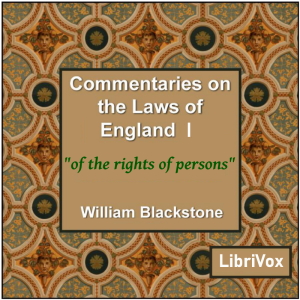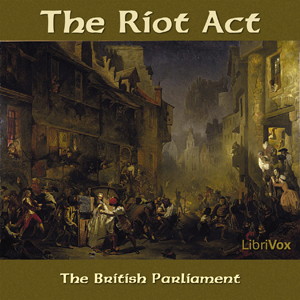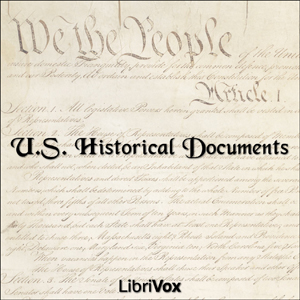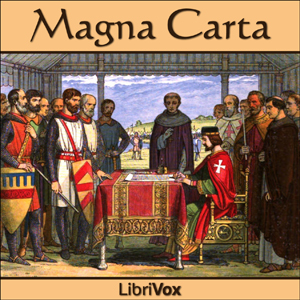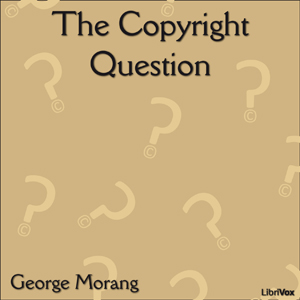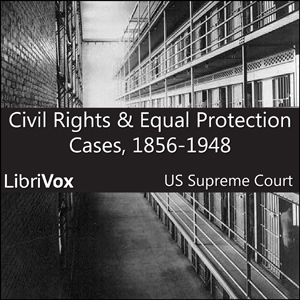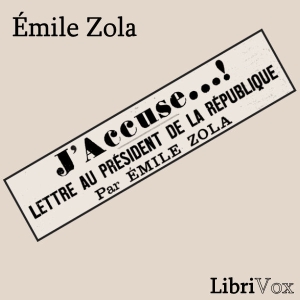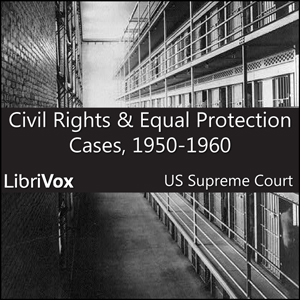- Preface
- Introduction - Section 1 - Part 1
- Introduction - Section 1 - Part 2
- Introduction - Section 1 - Part 3
- Introduction - Section 1 - Part 4
- Introduction - Section 2 - Part 1
- Introduction - Section 2 - Part 2
- Introduction - Section 2 - Part 3
- Introduction - Secton 3 - Part 1
- Introduction - Section 3 - Part 2
- Introduction - Section 3 - Part 3
- Introduction - Section 4 - Part 1
- Introduction - Section 4 - Part 2
- Ch 1: Of the Absolute Rights of Individuals - Part 1
- Ch 1: Of the Absolute Rights of Individuals - Part 2
- Ch 2: Of the Parliament - Part 1
- Ch 2: Of the Parliament - Part 2
- Ch 2: Of the Parliament - Part 3
- Ch 2: Of the Parliament - Part 4
- Ch 2: Of the Parliament - Part 5
- Ch 3: Of the King and his Title - Part 1
- Ch 3: Of the King and his Title - Part 2
- Ch 3: Of the King and his Title - Part 3
- Ch 4: Of the King's Royal Family
- Ch 5: Of the Councils Belonging to the King
- Ch 6: Of the King's Duties
- Ch 7: Of the King's Prerogative - Part 1
- Ch 7: Of the King's Prerogative - Part 2
- Ch 7: Of the King's Prerogative - Part 3
- Ch 7: Of the King's Prerogative - Part 4
- Ch 8: Of the King's Revenue - Part 1
- Ch 8: Of the King's Revenue - Part 2
- Ch 8: Of the King's Revenue - Part 3
- Ch 8: Of the King's Revenue - Part 4
- Ch 8: Of the King's Revenue - Part 5
- Ch 9: Of Subordinate Magistrates - Part 1
- Ch 9: Of Subordinate Magistrates - Part 2
- Ch 9: Of Subordinate Magistrates - Part 3
- Ch 10: Of the People, whether Aliens, Denizens, or Natives
- Ch 11: Of the Clergy - Part 1
- Ch 11: Of the Clergy - Part 2
- Ch 12: Of the Civil State
- Ch 13: Of the Military and Maritime States
- Ch 14: Of Master and Servant
- Ch 15: Of Husband and Wife
- Ch 16: Of Parent and Child
- Ch 17: Of Guardian and Ward
- Ch 18: Of Corporations - Part 1
- Ch 18: Of Corporations - Part 2
~ BOOK THE FIRST ~
The Commentaries on the Laws of England are an influential 18th century treatise on the common law of England by Sir William Blackstone, originally published by the Clarendon Press at Oxford, 1765-1769.
The Commentaries were long regarded as the leading work on the development of English law and played a role in the development of the American legal system. They were in fact the first methodical treatise on the common law suitable for a lay readership since at least the Middle Ages. The common law of England has relied on precedent more than statute and codifications and has been far less amenable than the civil law, developed from the Roman law, to the needs of a treatise. The Commentaries were influential largely because they were in fact readable, and because they met a need. The work is as much an apologia for the legal system of the time as it is an explanation; even when the law was obscure, Blackstone sought to make it seem rational, just, and inevitable that things should be how they were. (Summary from Wikipedia.)
The Commentaries were long regarded as the leading work on the development of English law and played a role in the development of the American legal system. They were in fact the first methodical treatise on the common law suitable for a lay readership since at least the Middle Ages. The common law of England has relied on precedent more than statute and codifications and has been far less amenable than the civil law, developed from the Roman law, to the needs of a treatise. The Commentaries were influential largely because they were in fact readable, and because they met a need. The work is as much an apologia for the legal system of the time as it is an explanation; even when the law was obscure, Blackstone sought to make it seem rational, just, and inevitable that things should be how they were. (Summary from Wikipedia.)
There are no reviews for this eBook.
There are no comments for this eBook.
You must log in to post a comment.
Log in

